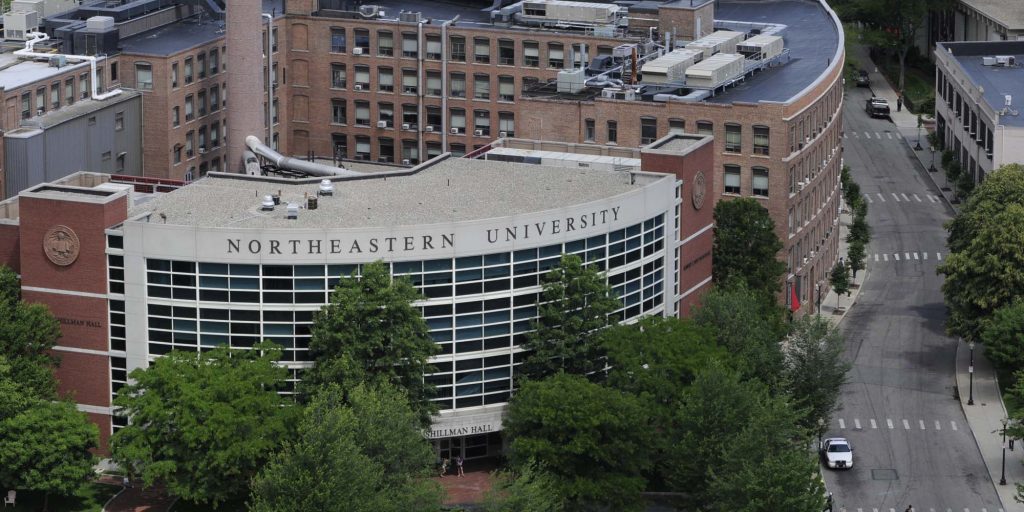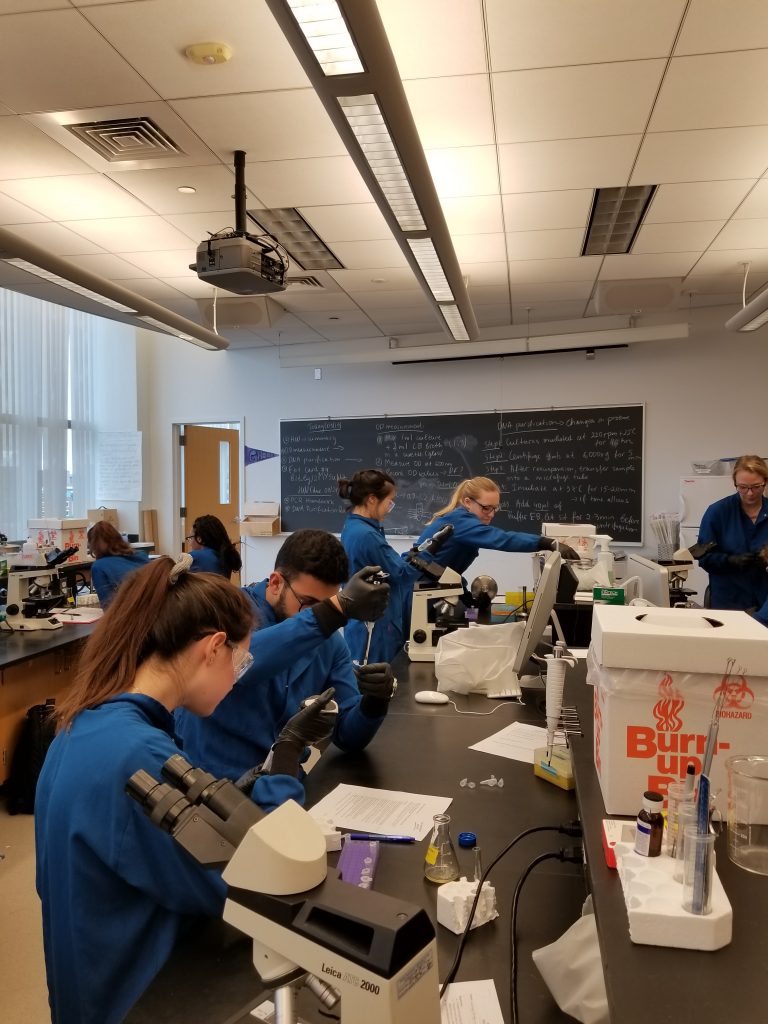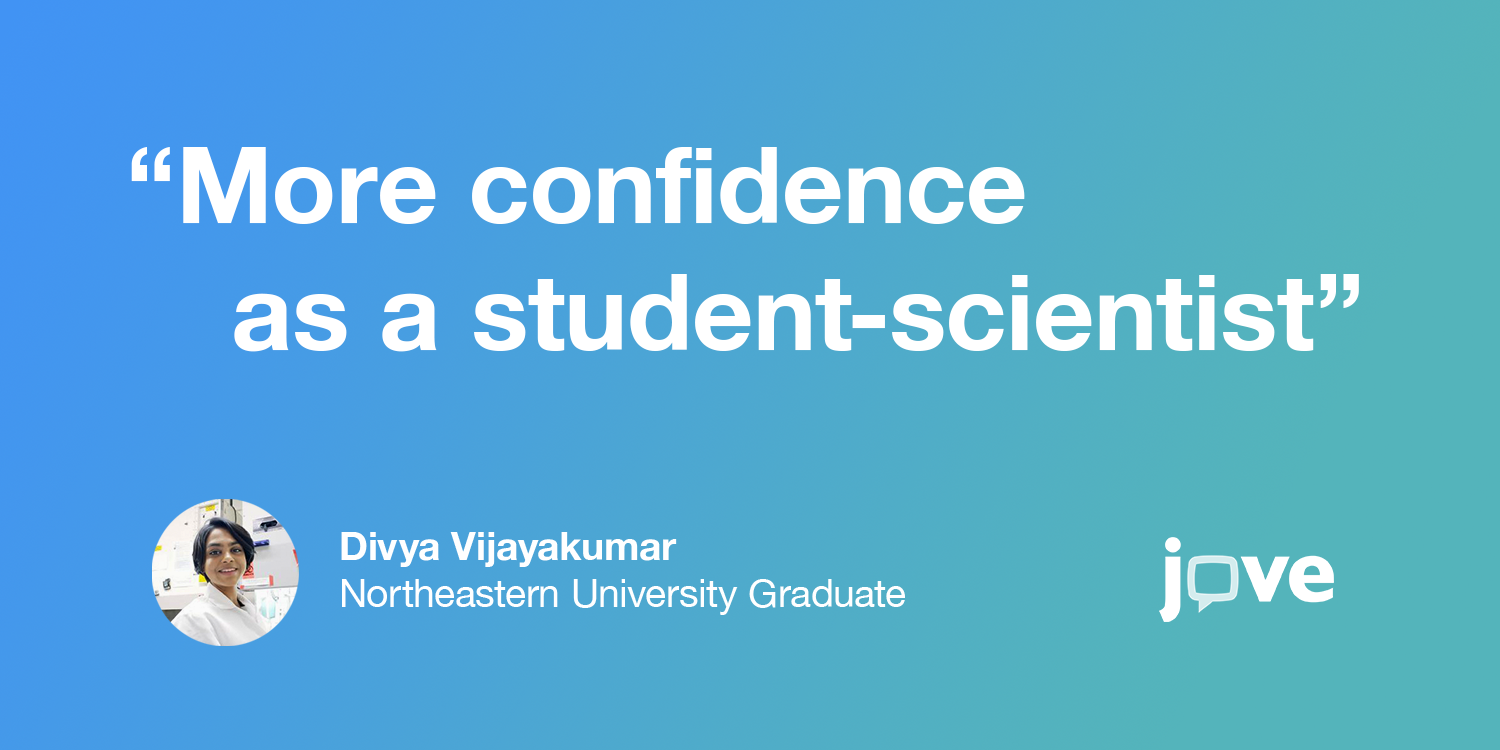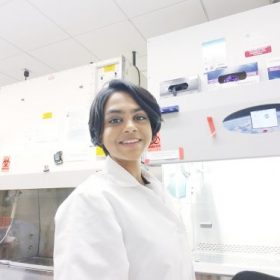Despite taking the most advanced classes I could in high school, I was barely prepared for the deluge of information at university and the amount of learning required. I have a very distinct learning style — a mix of kinesthetic and audiovisual — so textbook readings and most lectures are usually ineffective to help me retain knowledge. So, to study for my advanced placement exams in high school, I used Khan Academy and Crash Course videos on YouTube.

But when I turned to my tried-and-true resources for my first biology class at Northeastern, I found that they were not enough. University-level biology has a different playing field than AP Biology. My first university biology class was a lecture-based class, with a focus on genomics and molecular biology techniques. I had heard from everyone that had previously taken the class that it would be the most brutal semester of my undergraduate years.
I never realized how difficult it would be to navigate through confusing textbook chapters, long lectures, and assigned readings. Then I remembered that for some of my high school lab classes, I had reviewed JoVE Science Education videos. I decided to revisit JoVE and see if there were any resources that could help me better understand the different blotting techniques and immunohistochemistry applications referenced in my biology lectures.
Struggling with Traditional Teaching, Learning
There are a huge number of internet resources available: some are great, but others are filled with overly simplistic explanations or misinformation. It was extremely difficult and confusing for me to find the resources that served my needs, but I discovered that JoVE’s videos were far better than listening to a lecture. Seeing a real person do an experiment is incredibly helpful in reproducing the same experiment. Also, following along a PowerPoint presentation made studying for my exams that much more enjoyable.
Building Scientific Confidence
As a budding scientist, another challenge that I faced was simply not having the confidence to work in the lab: I was afraid my skills weren’t good enough. The summer after my freshman year, I took a biology project lab class, which was exclusively lab-based and focused on molecular biology techniques.

I already had a lot of experience with PCR, cloning, gel electrophoresis, and aseptic technique. But reviewing the JoVE videos before the day of the experiments greatly boosted my confidence and lab efficiency. I am currently a teaching assistant for a section of the same biology project lab. I find that once the students watch a JoVE video on a technique, they are a lot less scared to attempt that technique.
Pressure on the Undergraduate
Undergrads are often pressured to retain a lot of information, thrown at them all at once. This is especially so when they begin research in an unfamiliar field, working under a graduate student with his or her own busy schedule. I began my undergraduate career in a chemical engineering lab that specialized in 3D bioprinting and hydrogels. I didn’t even know what a hydrogel was when I first walked into the lab! The graduate student I was working with sent me an email with six academic papers attached, and asked me to familiarize myself with the material in a week.
I never had to read scientific articles before, so I was incredibly overwhelmed by the deluge of information. I decided to venture into the academic journal side of the JoVE website. I found videos showing protocols very similar to what my lab was doing at that time. After reviewing some JoVE publications on 3D bioprinting, I felt much more confident while reading the papers, and understood the material.
Big Picture Learning Lessons
Among the most critical college lessons I have mastered include learning how to learn, and knowing what resources work best with my academic needs. Students entering college (or starting to take more advanced classes) are often failed by using resources meant for lower-level classes. These students don’t know where to look for out-of-class guidance, so having content that addresses scientific complexity is paramount to successful self-learning.
JoVE’s resources have nurtured the audiovisual/kinesthetic learner in me — but more importantly, they have given me more confidence as a student-scientist. I highly encourage students in my position to find the resources that best compliment their learning styles. Use those, in addition to classroom learning, to accelerate learning and become more well-rounded scientists.
(Editors’s note: This blog was originally published on October 16, 2018)



